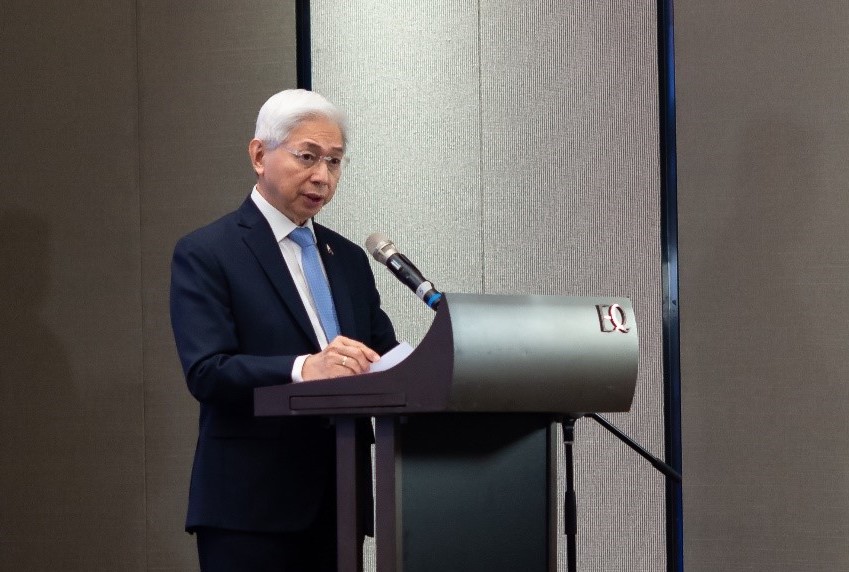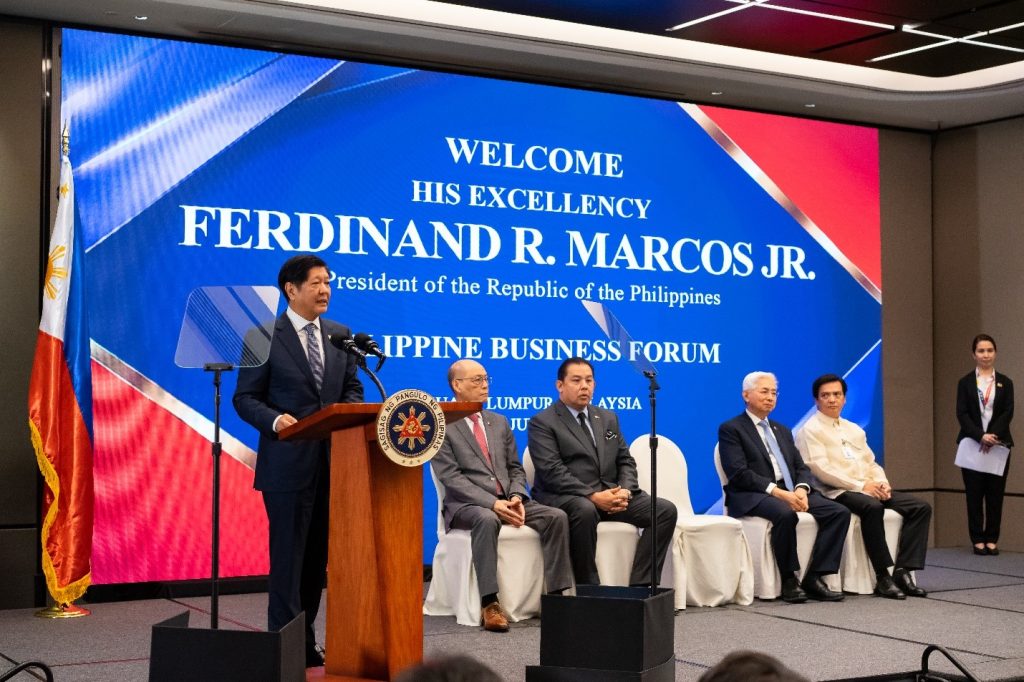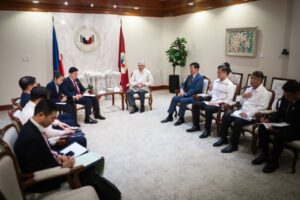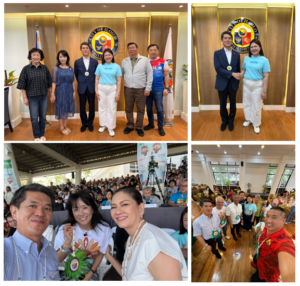
The Philippines’ best asset is its young, skilled, and tech-savvy human capital.
Department of Trade and Industry (DTI) Secretary Alfredo Pascual made this statement before the Malaysian International Chamber of Commerce and Industry, the Malaysian Consortium of Mid-Tier Companies, and business executives attending the Philippine Business Forum on July 28 in Kuala Lumpur.
He stressed mid-tier Malaysian companies should consider the country as a strategic choice for their operational expansion.
In his speech, Secretary Pascual described the event as a strong indication of the longstanding ties between Filipino and Malaysian business leaders towards the goal of mutual economic growth.
In 2022, Malaysia ranked as the Philippines’ 10th top trading partner and 11th export market, making it one of the country’s largest economic partners in the ASEAN region. Malaysia also ranked as the 4th source of the Philippines’ foreign direct investments with USD108.65 million. These foreign direct investments displayed a massive increase of 505% from total investments in 2021.
Secretary Pascual also took the opportunity to emphasize the DTI’s priority industries driven by science, technology, and innovation (STI).
As the Department leverages the advantages of Industry 4.0 technologies, he underscored its four priority clusters as drivers for growth, namely: (1) Industrial, Manufacturing, and Transport; (2) Technology, Media, and Telecommunication; (3) Health and Life Science; and (4) Modern Basic Needs and Resilient Economy.
The DTI Secretary also affirmed the Philippine government’s commitment as outlined in the recent policy reforms enacted by the Philippine government. These include policy reforms, the Ease of Doing Business Act, and Executive Order No. 18 on Green Lanes for Strategic Investments.
Further, Secretary Pascual presented the abundant agricultural and marine resources, which are significant to the growing demand for food and seafood production in the region.
He invited Malaysian investors to explore the burgeoning Halal market in the country. He underlined the growing demand for Halal-certified products and services, not only in the food sector but also in banks, cosmetics, and pharmaceuticals. He further reiterated the crucial role of Malaysia in developing this sector as the Philippines aspire to expand its global Halal ecosystem.
Secretary Pascual also emphasized the Regional Comprehensive Economic Partnership (RCEP) will strengthen the country’s participation in the regional supply chains which will attract more foreign direct investments (FDI). This is mutually beneficial for both countries as it will enhance market access for most goods in the region and encourages investments in vital sectors.



